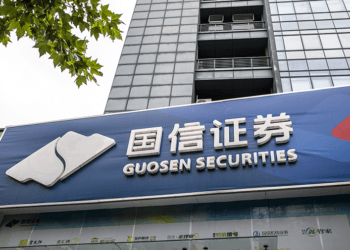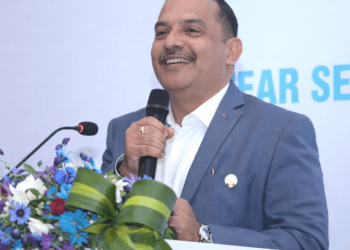Athira Sethu
Kochi, 21 January 2025
Big changes are coming to U.S. immigration laws as Donald Trump has taken oath as the President of the US. This worries many Indian tech workers, students, and families who see the possible impacts of such a policy change on their futures.
Huge changes will come for one of the largest and most utilized visa programs-the H-1B. Trump wants to make it tougher for jobs without specific degree requirements to qualify as “specialty occupations.” This might mean that a number of the roles no longer qualify for an H-1B visa. This would negatively impact many of the workers within the tech sector. In addition, companies could face more oversight, which will translate into increased requests for more paperwork, and some visa applications may be refused. Many workers are feeling uncertain about their careers and their families’ future in the U.S.
Trump also aims to raise the minimum salary of H-1B workers from $60,000 to $120,000 per year. It may put some mid-level employees in jeopardy because many would not be able to meet this requirement. A worker in Silicon Valley shared, “The uncertainty is overwhelming. We don’t know how our lives will change.”
It will also touch international students. Most students graduating in the U.S. use OPT to work for two years after college. Trump may abolish the 24-month extension for STEM, the period that permits science, technology, engineering, and mathematics graduates to extend their stay to work for two years more. Further, working for third-party sites might be prohibited which means fewer opportunities for new graduates at the job markets.
Others, however, applying for a Green Card aren’t so fortunate. There is new policy that could halt a whole set of employment-related Green Card applications and keep professionals waiting in line. Even those eligible in the new policies, such as STEM graduates, would face long lines and confusion.
Families are also feeling the pinch. H-4 visa holders, spouses of H-1B workers, may lose their right to work, which could harm families that depend on two incomes.
Among the reforms, the most notable include increased checks at workplaces, making it mandatory for companies to use the E-Verify system to verify workers’ legal status, and slowing down processing times for all visa categories. This could lead to employers not hiring foreign workers, thereby offering fewer opportunities for immigrants.





















